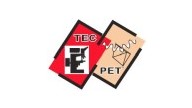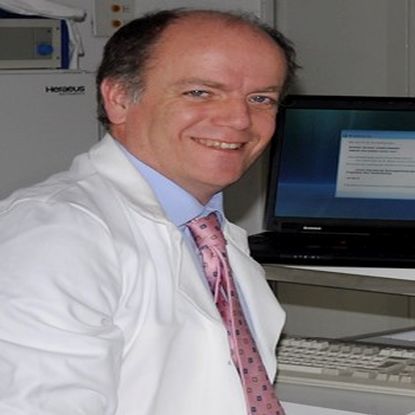- “The Iberian stelae of the Final Bronze Age: Iconography, Technology and the Transfer of Knowledge between the Atlantic and the Mediterranean”, DFG founded 2021 until 2023. Cooperation with Dr. Ralph Araque Gonzalez (projectleader), Albert-Ludwigs-Universität Freiburg, Institut für Archäologische Wissenschaften Abteilung für Ur- und Frühgeschichte und Archäologie des Mittelalters.
Project Homepage
Press release: Stahl bereits vor 2.900 Jahren in Europa in Gebrauch
International cooperation partners:- Portugal:
- Prof. Dr. Raquel Vilaça, Universität Coimbra, Hauptkooperationspartnerin Portugal, Doktormutter von Pedro Soares Baptista.
- Dr. Marcos Osório, Museo do Sabugal.
- Dr. Lara Bacelar Alves, Universität Coimbra.
- Dr. Carlo Bottaini, HERCULES Évora, Archäometallurgie.
- Spain:
- Dr. Xose-Lois Armada, CSIC Santiago de Compostela, Archäometallurgie
- Dr. Sebastian Celestino Pérez, CSIC Mérida, Museen Badajoz und Cáceres
Experiment in Valverde de Burguillos-Badajoz-Spain
- United Kingdom/Sweden:
- Dr. Marta Díaz-Guardamino, University of Durham Projektkooperation: Swedish Research Council project 2018-01387 „Rock Art, Atlantic Europe, Words & Warriors (RAW)“, Leitung: MDG & Dr. Johan Ling
- Dr. Marta Díaz-Guardamino, University of Durham Projektkooperation: Swedish Research Council project 2018-01387 „Rock Art, Atlantic Europe, Words & Warriors (RAW)“, Leitung: MDG & Dr. Johan Ling
- Portugal:
- Petrology of the Phyllite-Diabas-zone at the Kaschana pass in the Stara Planina of central Bulgaria – (DAAD, ERASMUS. Cooperation with St. Kl. Ohridski University of Sofia, BG).
- Geochronology and tectono-thermal history of the Penninic-Austroalpine boundary (Arosa Zone) in Eastern Switzerland; a multi-methodical comparison of methods. – (SNF and Willkomm Fond. Cooperation with University of Bern, CH and Department für Zivilschutz, Bern, CH).
- Coal petrographic study to verify prior clay mineral based diagenetic to metamorphic patterns in the Istanbul and Zonguldak terranes (NW Turkey). Cooperation with the Pamukkale University, TR
- The Zlatitsa para-series group, a new Palaeozoic lithostratigraphic member determined in the Kashana section at the southern Stara Planina mountain range (Central Balkanides, Bulgaria). Cooperation with the Universität Freiburg (DF), Université de Genève (CH), University of Sofia “St. Kl. Ohridski” (BG).
- Behaviour of Fe- and Cr-smectite in contact with high alkaline solutions (in cooperation with Goethe University of Frankfurt; VNU University of Science, Vietnam; University of Zaragoza, Spain.
- Kinnekule K-bentonite, an indication of heat impact on the alteration of clay? (in cooperation with Luleå Technical University, Sweden; Jörn-Kasbohm-Consulting, Germany; VNU University of Science, Vietnam).




